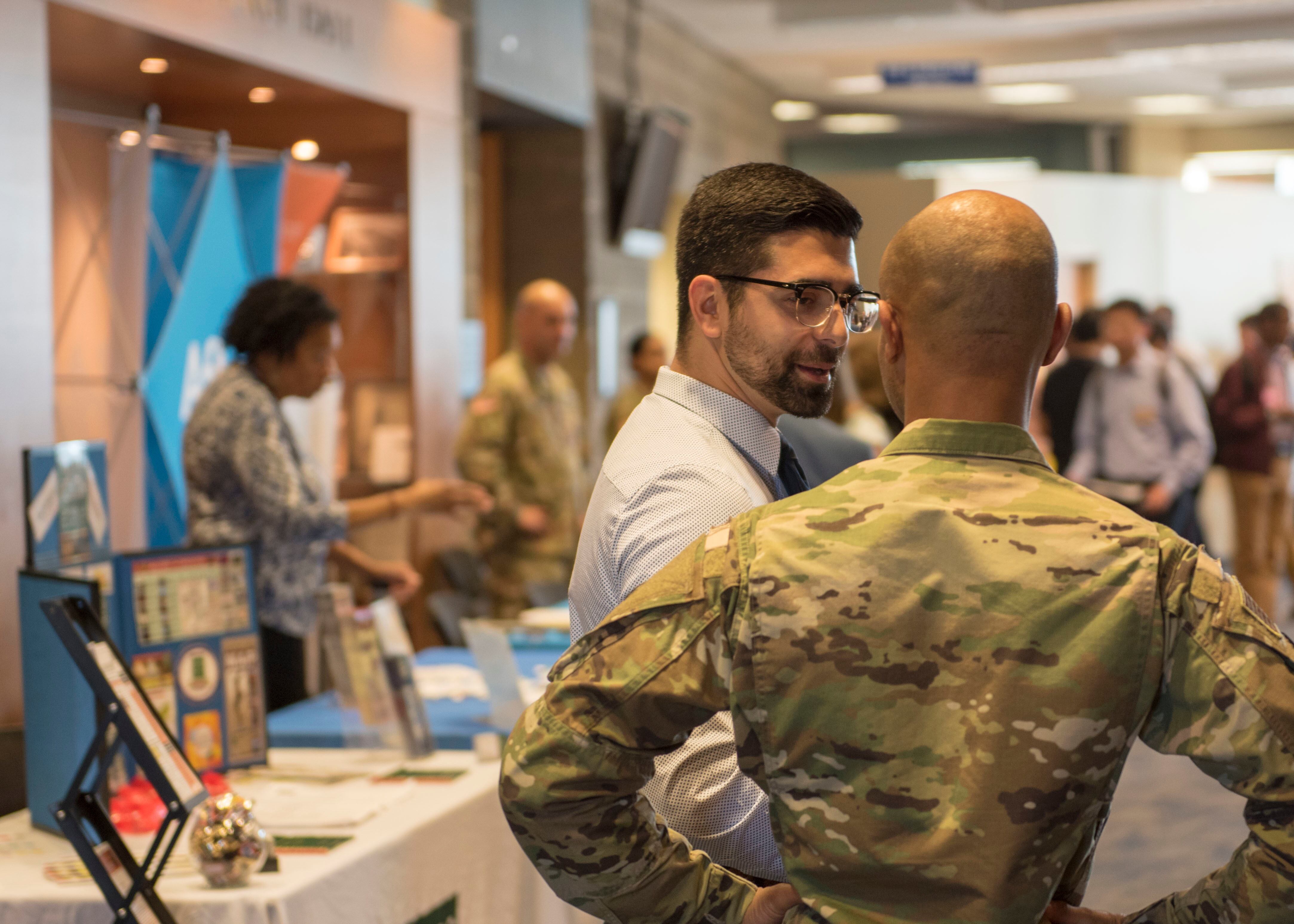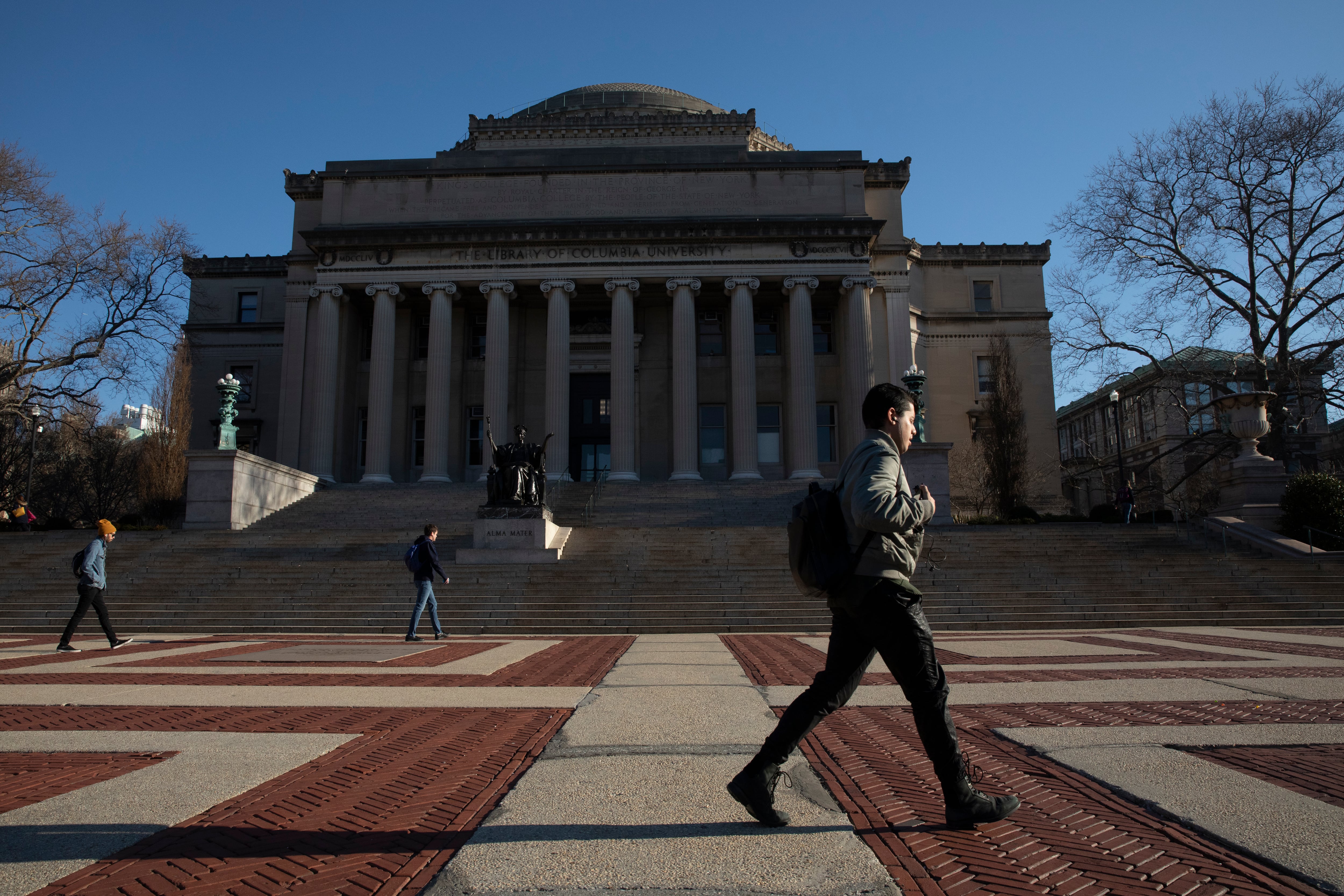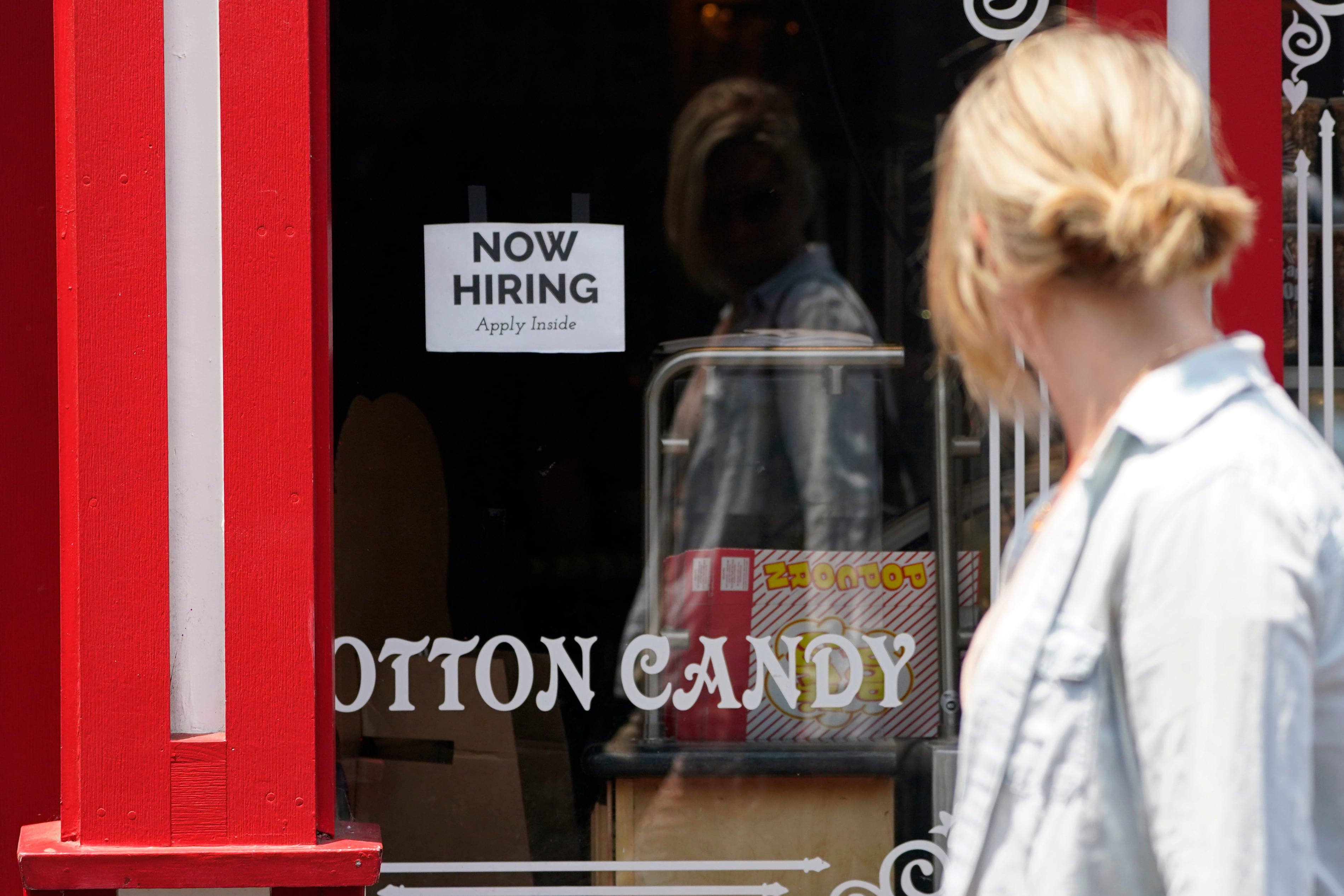The veterans unemployment rate fell last month to pre-pandemic levels as national jobless rates continued their steadily decline of recent months
According to data released by the Bureau of Labor Statistics on Friday, the unemployment rate for all veterans dropped from 4.0 percent in July to 3.6 percent in August. That’s the first time the mark has been below 4 percent since February 2020, before the outbreak of coronavirus in America prompted widespread business closings and layoffs.
The 3.6 percent rate translates into roughly 300,000 working-age veterans unable to find steady employment last month, down about 160,000 individuals from August 2020.
RELATED

Nationally, the unemployment rate declined for the fourth consecutive month in August, to 5.2 percent. Despite the improvement, that figure still sits well above pre-pandemic monthly jobless rates of around 3.5 percent.
BLS officials said that so far in 2021, the U.S. economy has averaged about 586,000 new jobs a month.
Veterans unemployment rates generally outpace civilian sector figures, although not typically by a gap as large as the August numbers.
In the 38 months before the pandemic began, the veterans monthly jobless rate was more than 1 percentage point different from the national rate only twice. In the 17 months since coronavirus impacts, the veterans rate has bettered the overall U.S. estimate by more than 1 percentage point 13 times.
Veterans of the Iraq and Afghanistan wars era saw the biggest job improvements in April, posting a 3.1 percent unemployment rate, the lowest for that group since December 2019.
RELATED

The group makes up about 20 percent of all former military members in America today, and about 43 percent of all working veterans. About half of all veterans in America are retired or otherwise no longer actively seeking employment.
Lawmakers have approved a series of veteran-focused job training programs in response to the pandemic, arguing that their lack of time in the civilian job market compared to peers could leave them at a competitive disadvantage.
But the recent numbers suggest that veteran job seekers may be emerging from an economy cripped by coronavirus faster than many of their peers.
Leo covers Congress, Veterans Affairs and the White House for Military Times. He has covered Washington, D.C. since 2004, focusing on military personnel and veterans policies. His work has earned numerous honors, including a 2009 Polk award, a 2010 National Headliner Award, the IAVA Leadership in Journalism award and the VFW News Media award.




